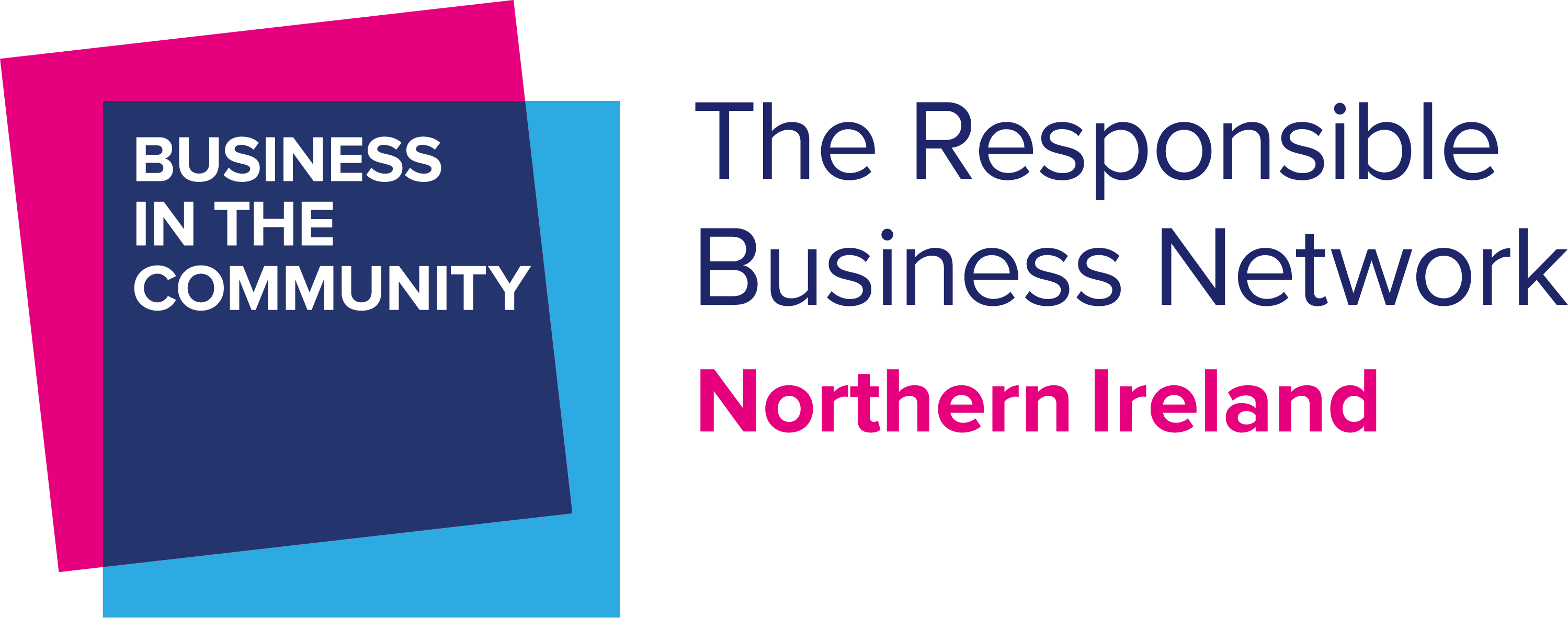Is breastfeeding “a one-woman job”?

 This week is World Breastfeeding Week, and I’ve been reading that the World Health Organization & UNICEF advise that for breastfeeding to work, it requires government leadership and support from communities, health systems, families, and workplaces. There are many opinions conveyed in the media about breastfeeding – some negative and some positive. Following some recent controversially perceived statements about breastfeeding, the DUP in Northern Ireland publicly stated that, “it is vital we continue to promote breastfeeding and ensure adequate public awareness of its benefits”.
This week is World Breastfeeding Week, and I’ve been reading that the World Health Organization & UNICEF advise that for breastfeeding to work, it requires government leadership and support from communities, health systems, families, and workplaces. There are many opinions conveyed in the media about breastfeeding – some negative and some positive. Following some recent controversially perceived statements about breastfeeding, the DUP in Northern Ireland publicly stated that, “it is vital we continue to promote breastfeeding and ensure adequate public awareness of its benefits”.
Unfortunately, Northern Ireland has the lowest breastfeeding rate in the UK, with only 14 percent of babies being breastfed at six months.
With various personalities conveying their views on breastfeeding – almost weekly – and making headline news, the Chief Executive of the National Childbirth Trust stated that we need to “make breastfeeding socially and culturally unremarkable, so that more women consider it common sense and the norm rather than an alternative”. Agreeing with this comment, my own experience of breastfeeding has led me to the opinion that, alongside promotion and leadership, we need to provide gentle support and guidance, so that mums develop a quiet confidence about breastfeeding their babies in their own homes, in their communities, and when they return to work.
Lack of support from partners and families is cited as one of the key reasons why new mums don’t breastfeed. Having a fully supportive partner was most certainly crucial in helping me meet the demands of breastfeeding at home in the early days. Not having to do the “chores” because I was breastfeeding with my feet up, watching TV or reading, was absolutely delightful! I think that this perk is perhaps the reason I breastfed for so long – 14 months with number one and two years with number two.
On the outside, the support network provided by healthcare professionals and the community to new mums and dads is also important: it provides a link to other parents and to public settings where breastfeeding is openly accepted and welcomed as normal – and perhaps even quite “unremarkable” when it happens. It was in this setting that I thrived as a breastfeeding mother, knowing that my baby and I were in a safe environment, with quiet space provided, and no-one was taking any notice if we slipped off into the corner or into another room.
To know that you and your baby are welcome in a coffee shop and can breastfeed if the need arises is very important. Supported by the PHA in Northern Ireland, there are cafés, restaurants, shops and other businesses that are happy to have breastfeeding families and workers in their premises; and over the past few years, more than 300 have joined a new scheme called ‘Breastfeeding welcome here’. Look out for this ‘Breastfeeding welcome here’ sticker in the windows of local businesses or search http://www.breastfedbabies.org/welcome-here for those who have already signed up.
So, as employers, what can you do to manage requests to breastfeed in the workplace? Usually, these will take the form of requests for facilities to express and store milk along with time away from work to do so. These breaks don’t have to be paid; often, all that is required is a quiet room. They can even become part of a flexible-working policy. Sounds simple, right? Well, for me, returning to work following maternity was that simple. With a phased ‘return to work’ and a quiet room available, if needed, I could carefully plan and implement a breastfeeding schedule that worked for me and my family – and, of course, for my employer!
I know that discussing breastfeeding with ‘the boss’ can be an awkward conversation to have; however, as an employer, it is important to have this chat to help support a woman in making a smooth transition back to work at a pivotal time in both her and her child’s life.
My breastfeeding journey has been really positive: support from home, the community, and my employer really helped to make this happen for my children and me. In reality, all I wanted was a welcoming, quiet, and safe space to feed my babies in the most “unremarkable” way. So, let’s make supporting breastfeeding mothers in the community and workplace not something that we shout about but rather just something that we do – and perhaps it will become the norm.


